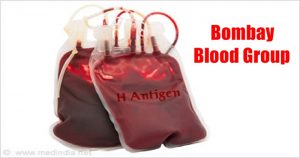
Do You Know About The Bombay Blood Group? It Is One Of The Rarest Blood Types In The World
Do you guys know how many human blood groups are there? Many of us say four and they are A, B, AB and O. No points for you if you say the same answer as four. Do you believe if we say you missed one of the rarest blood groups in the world?
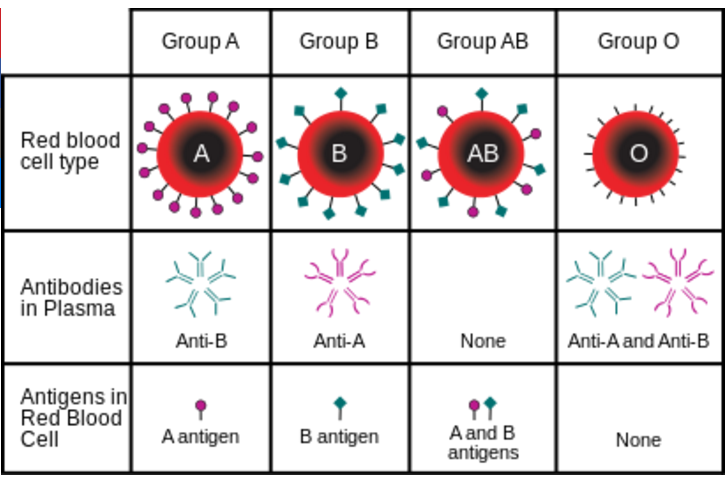
Yes. There is another blood group that many of us don’t know. Because it is a blood phenotype so rare that it shows up in no more than 4 in every million humans.
Basically, Blood types are classified as the combinations of the ABO Phenotypes.
In this combinations, we usually witness – A, B, O and AB. The similarities and the differences in the blood types depend on the different kinds of antigens and antibodies each contains and its reaction with each other. It also depends on Rh factor.
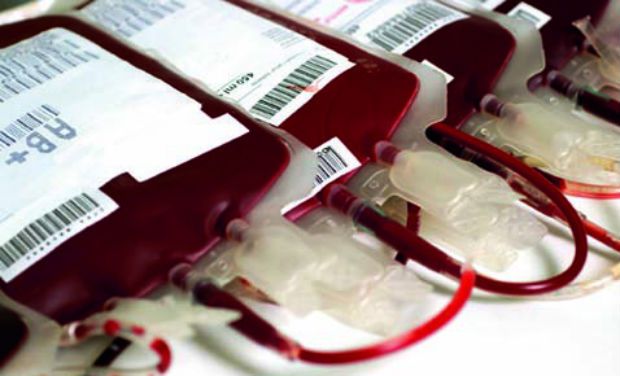
One of the rarest blood groups in the world that we are talking about is ‘Bombay Blood Type’.
The Bombay blood type, h/h or Oh is present in less than 0.0004% of the world’s population. It was first discovered in 1952 by Dr. Y G Bhide. While an observation of the blood type’s reaction with the blood phenotypes, the Bombay Blood type was found containing previously unknown Antigen–H.
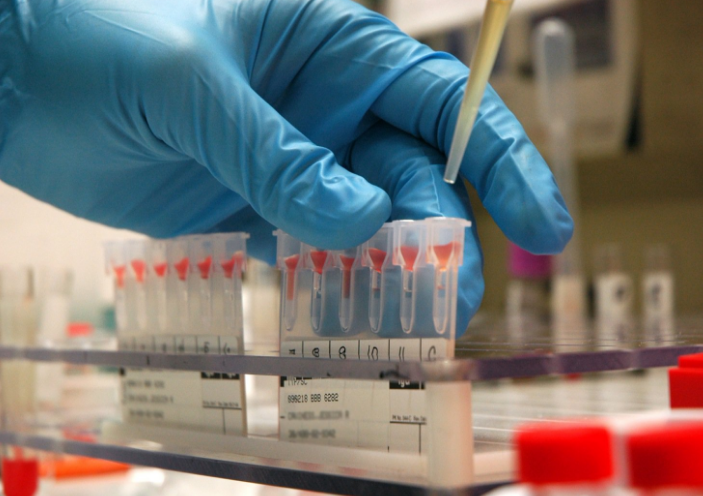
“Antigens A and B are both found to be made from Antigen H. So, people with the Bombay phenotype can donate blood but not serve as recipients.”
The Bombay phenotype can donate red blood cells to any of the blood types within the ABO phenotypes, but the reverse is not possible. People with the Bombay phenotype can receive blood from only their own group because of the antigen reactions might cause defects in the receiver’s immunology.
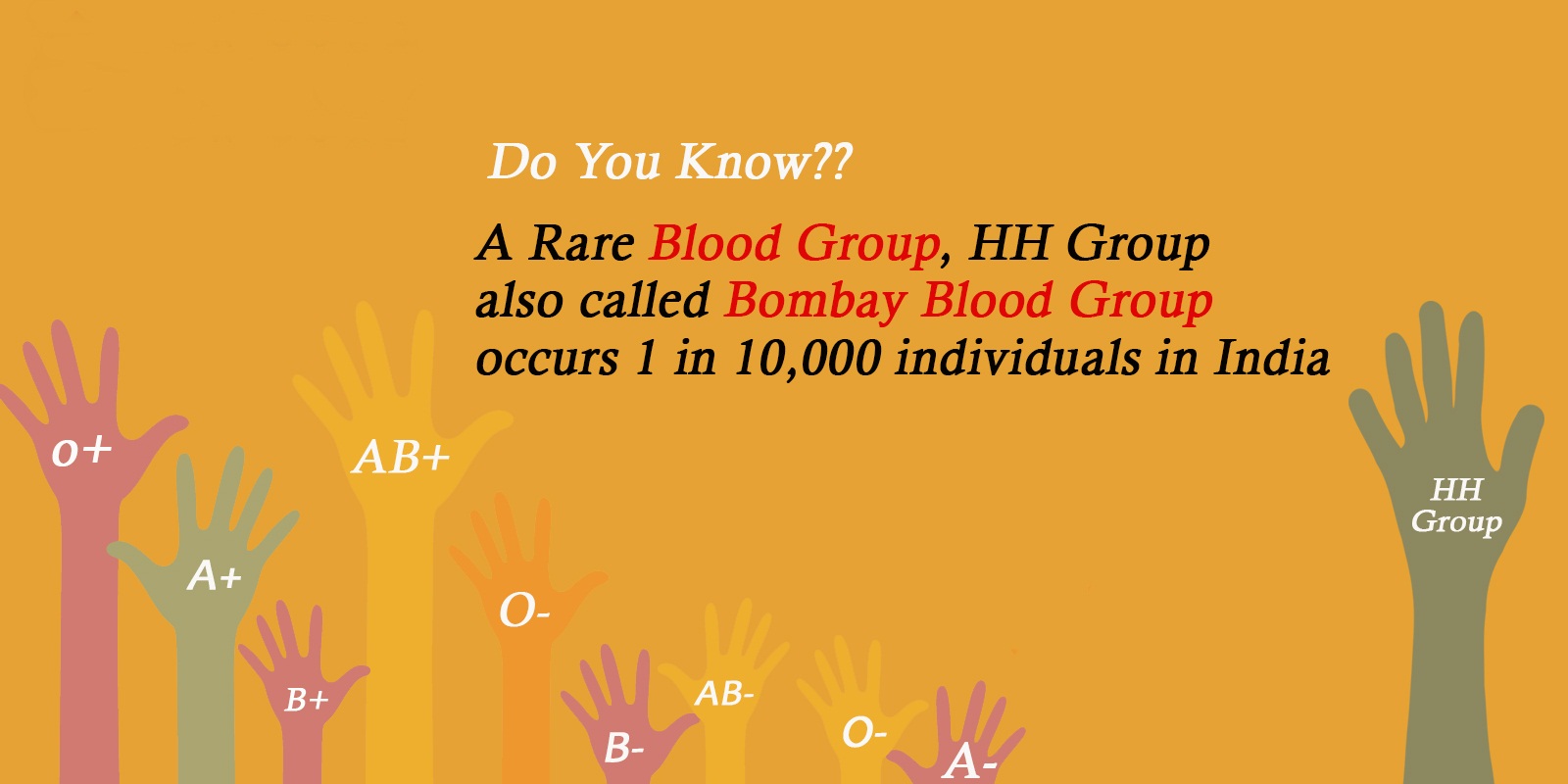
“With as many as 0.01% of people from Mumbai who could be carrying the Bombay phenotype, the rare blood type is usually the result of both parents carrying a recessive allele which will result in the child having the h/h blood group. Close knit communities, or even inbreeding, seem to be the cause of the blood type.”